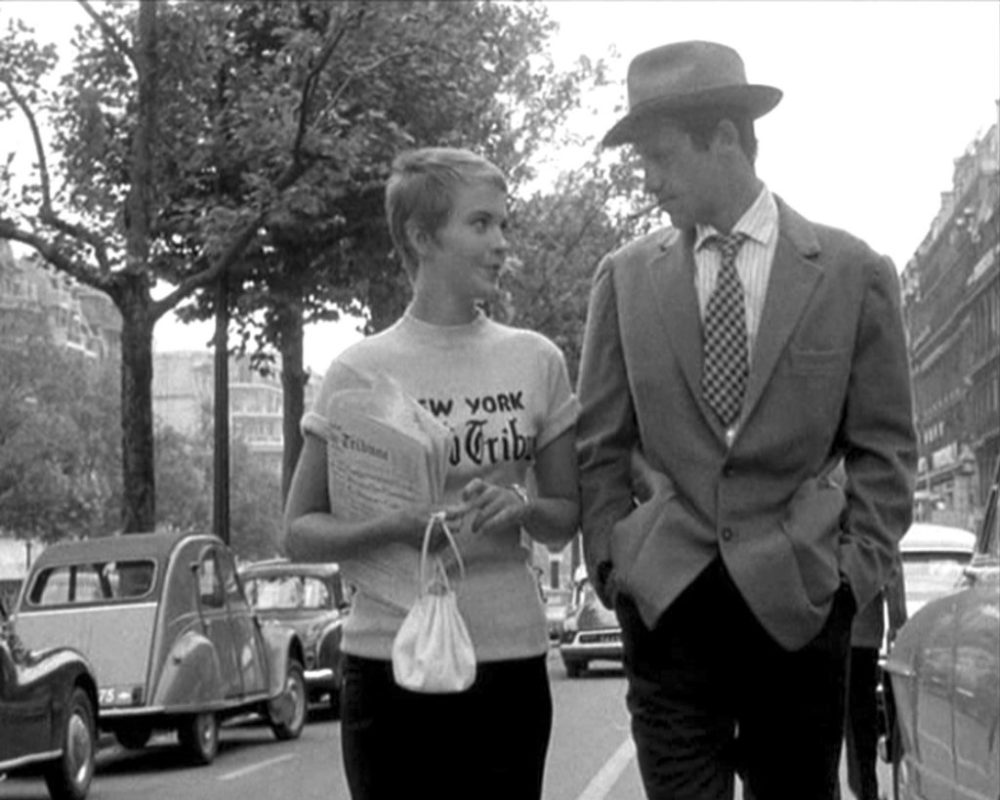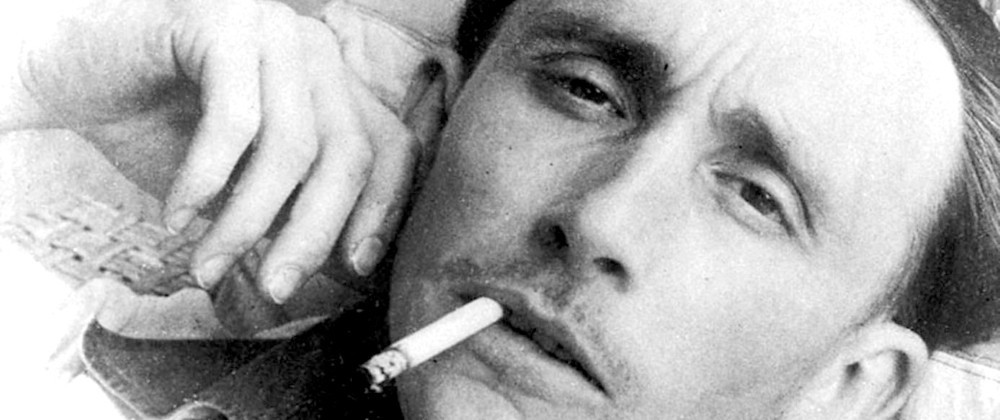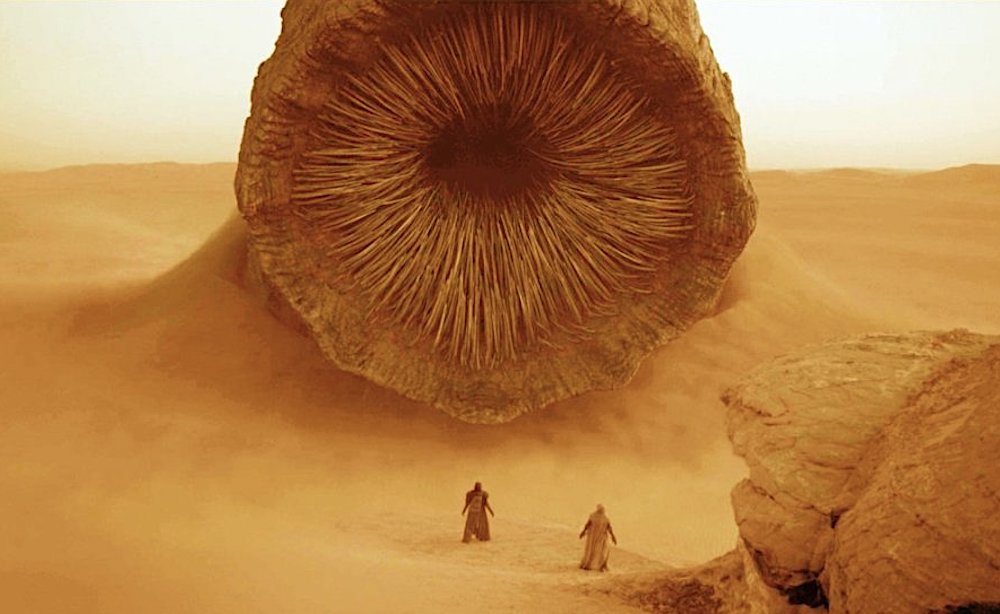Cinema is the most unique of all the arts. There is a built in duality that allows it to exist in different spheres at the same time. It is both high art and blue collar, high minded and sensible, hedonistic and moral. For as much as we like to worship and damn actors for the roles they play and or how badly they play them, movies cannot exist on its onscreen talent alone. For that matter, the laborers, set carpenters, truck drivers etc. would be out of a job if there wasn’t a pretty face to sell tickets. If we step back and truly analyze how films are made, we come to the realization that true cinema is art’s greatest communal endeavor. To begin with, we look at French film critic Andre Bazin.
“Cahiers re-invented the basic tenets of film criticism and theory.”
So says the Wikipedia entry about the revered film journal, the brainchild of French film critic Andre Bazin. His theories on film, championing objective reality as opposed to subjective, clashed with the establishment’s beliefs that film should manipulate reality. Bazin held that a film should be left up to the interpretation of the viewer. He would be at odds with the growing popularity of the Russian school of montage lead by Sergei Eisenstein.
“Over a group of films a director must exhibit certain recurrent characteristics of style, which serve as his signature.” – Andrew Sarris
The creation of Cahiers du Cinema would serve as a pulpit for Bazin to spout his ideas on film and gather like minded individuals. From the pages of the stepped several talented men who would not only reshape French cinema but the world as well. They weren’t paid to glorify studios or stars. Film aesthetic was their religion. They made esoteric sexy, dogma sex and proved being a film geek could be cool. At the head of this new cult was the film critic Andre Bazin.
“Bazin, who was influenced by personalism, believed that a film should represent a director’s personal vision.”
Bazin helped to shape and sire the philosophies of the directors of the French New Wave. It was Bazin’s philosophies that became the cornerstone of the dogma that defined the New Wave and it was these same men, Francois Truffaut, Jean-Luc Godard, Claude Chabrol, who apprenticed under Bazin at Cahiers, who lead critical re-evaluations of Orson Welles’ Citizen Kane, Alfred Hitchcock, and Howard Hawks.
Bazin would help to intellectualize film critique and, through his influence on Francois Truffaut, do the same for cinema.






